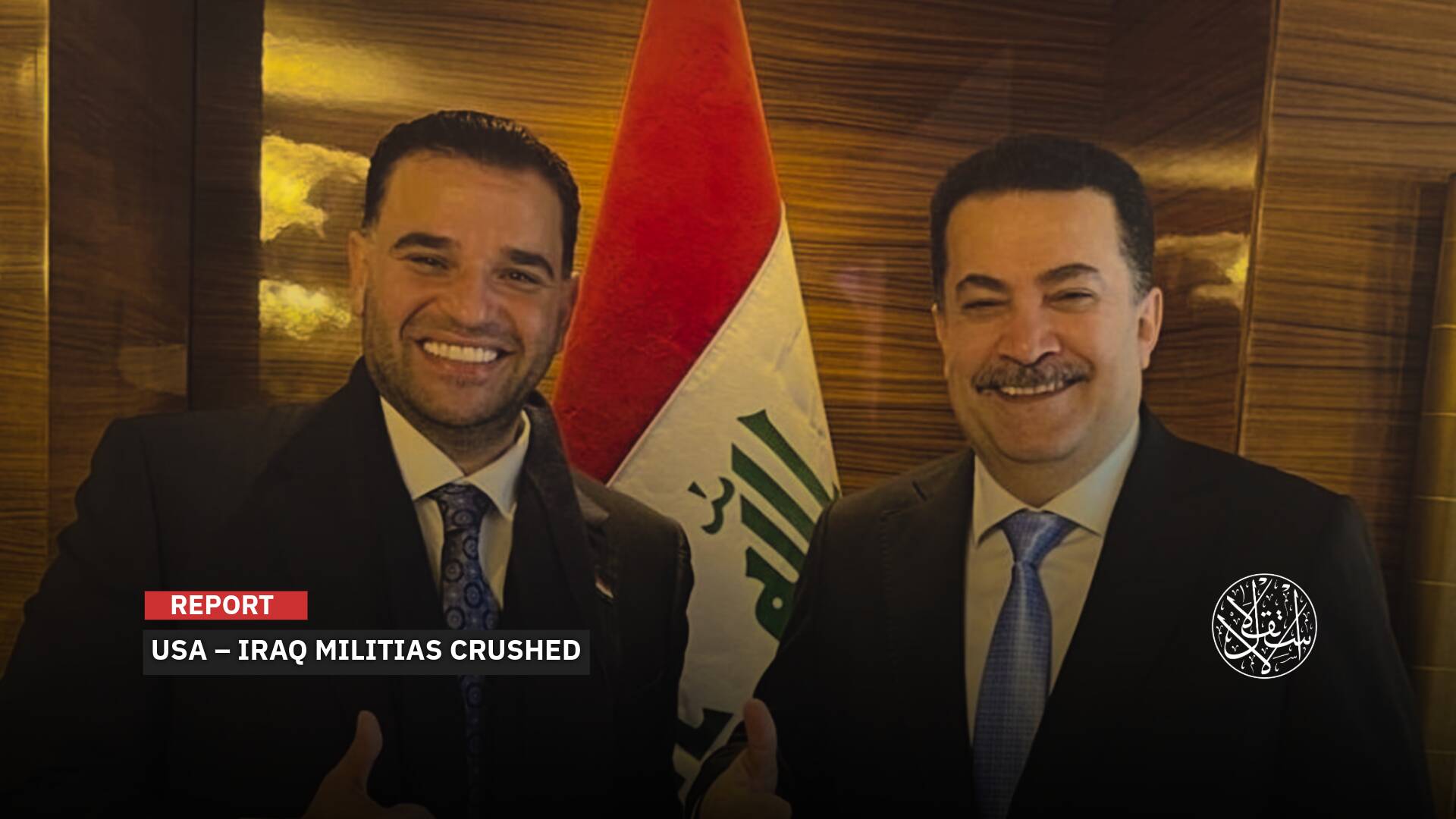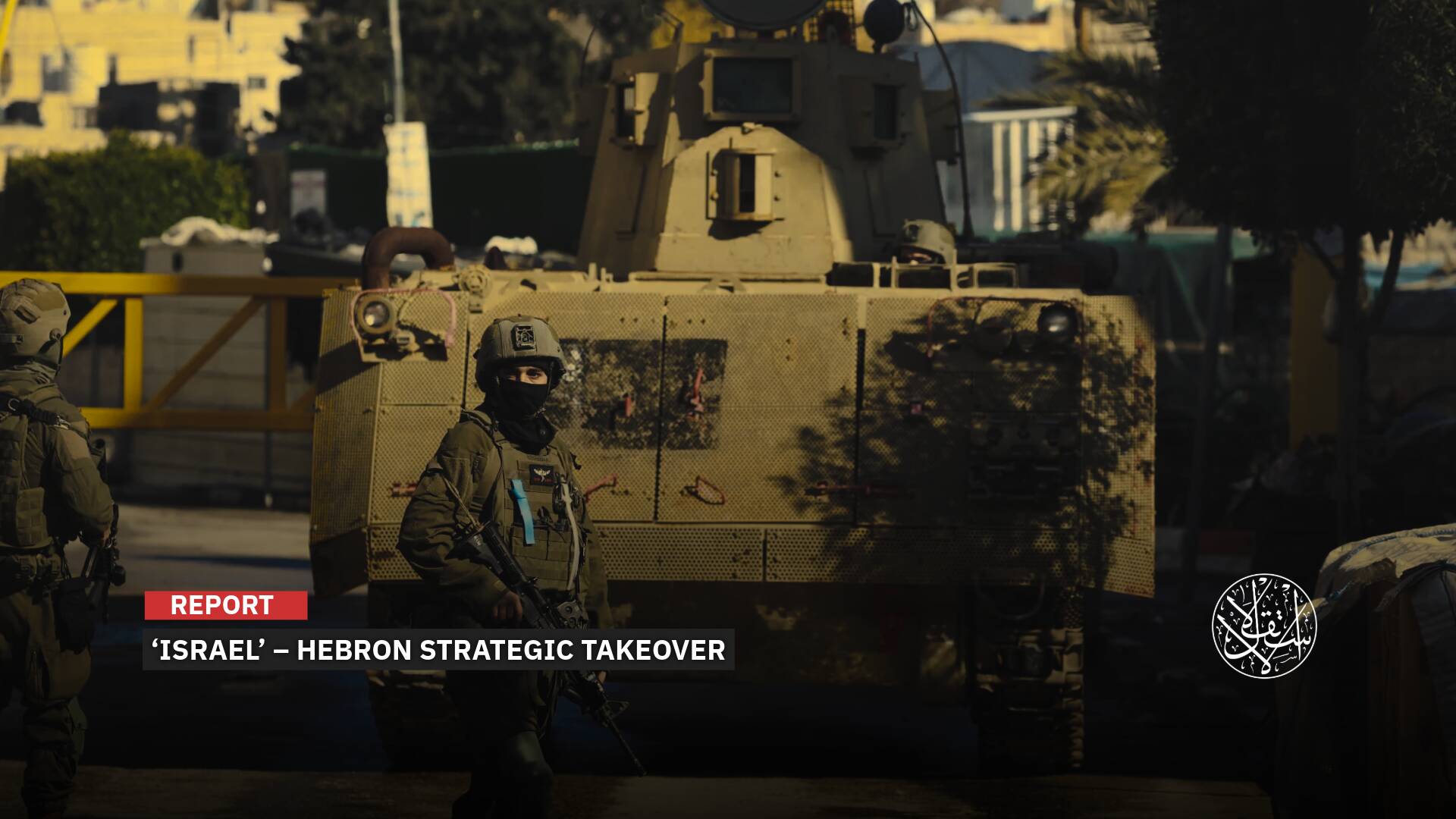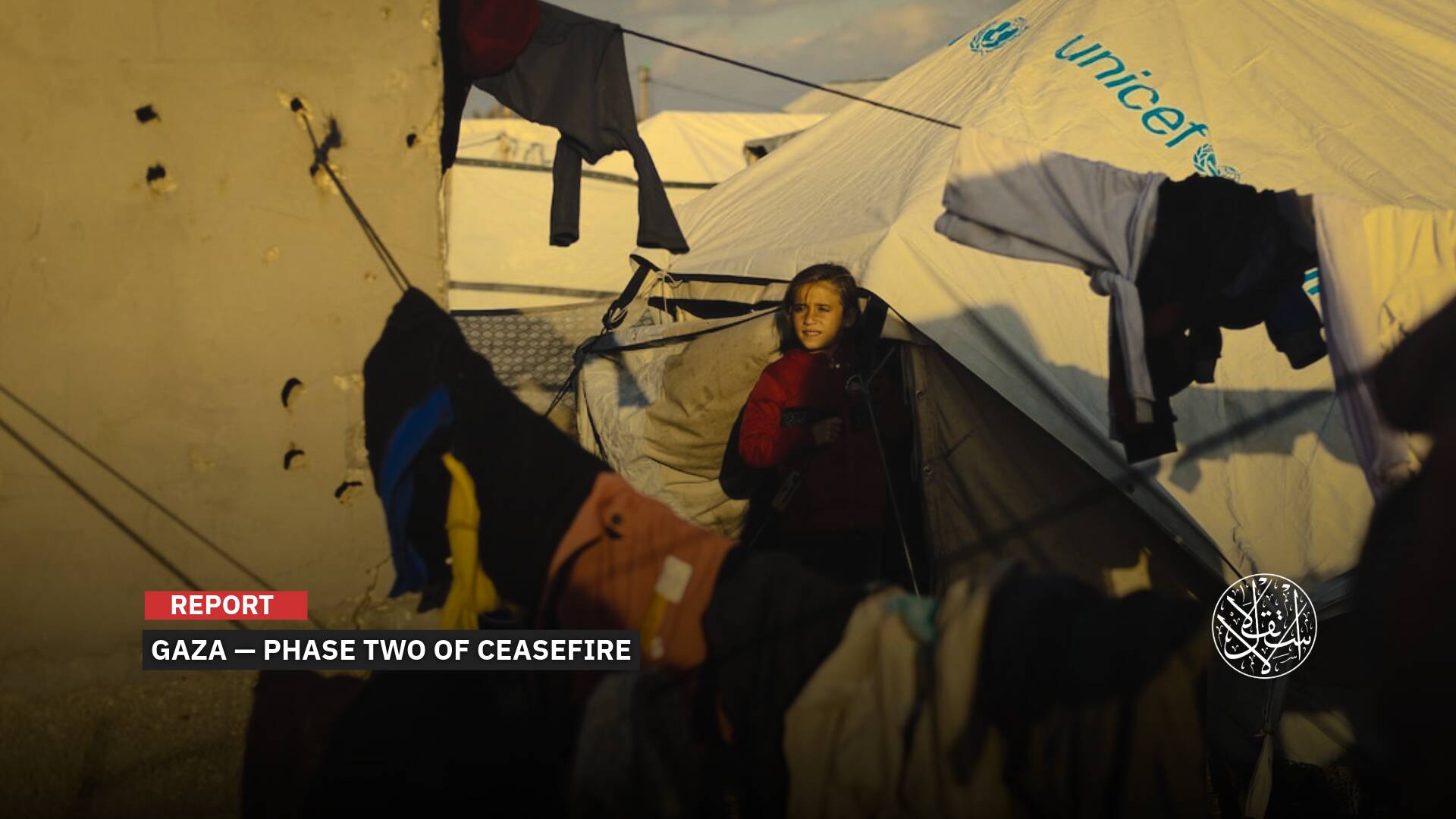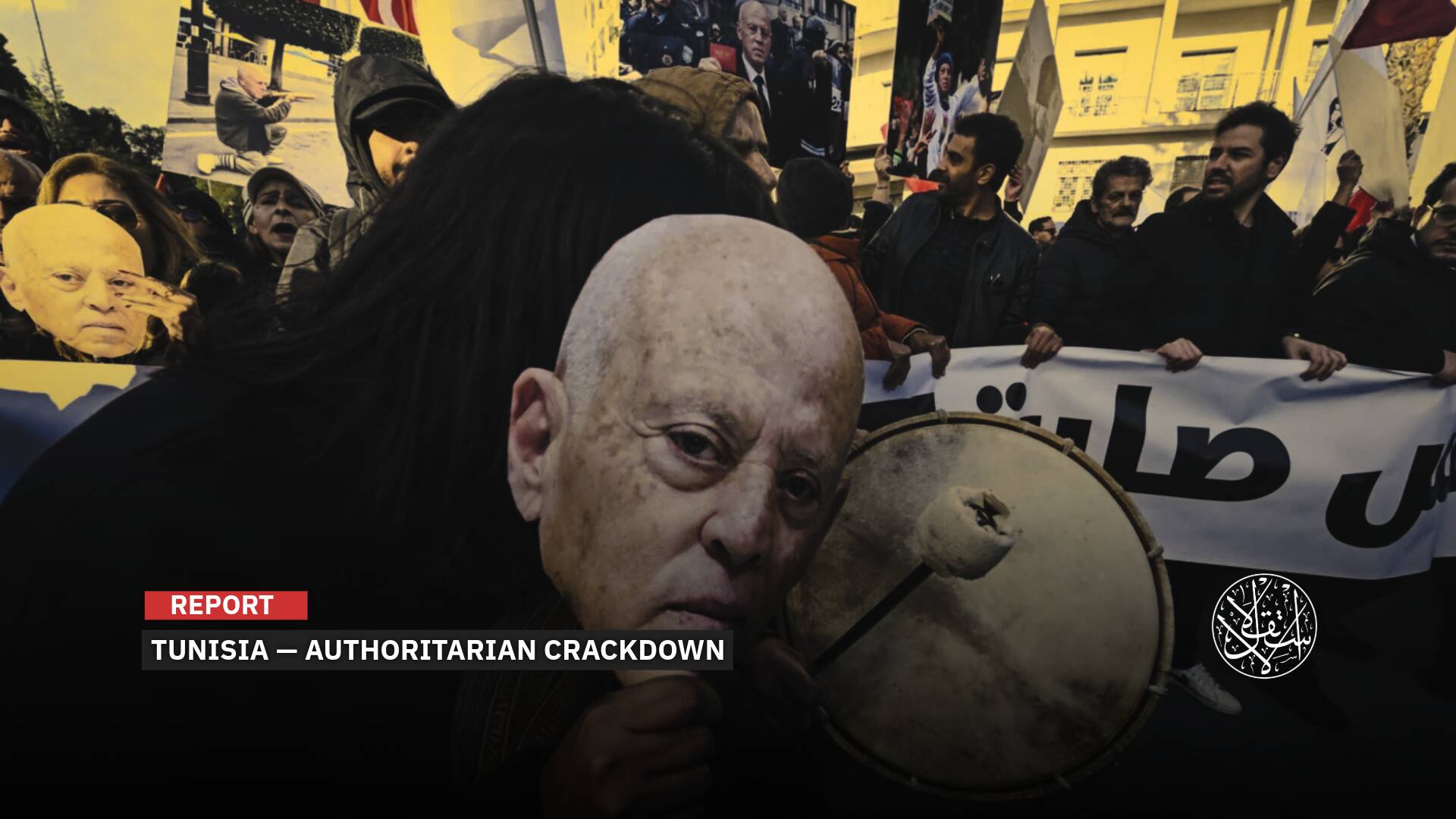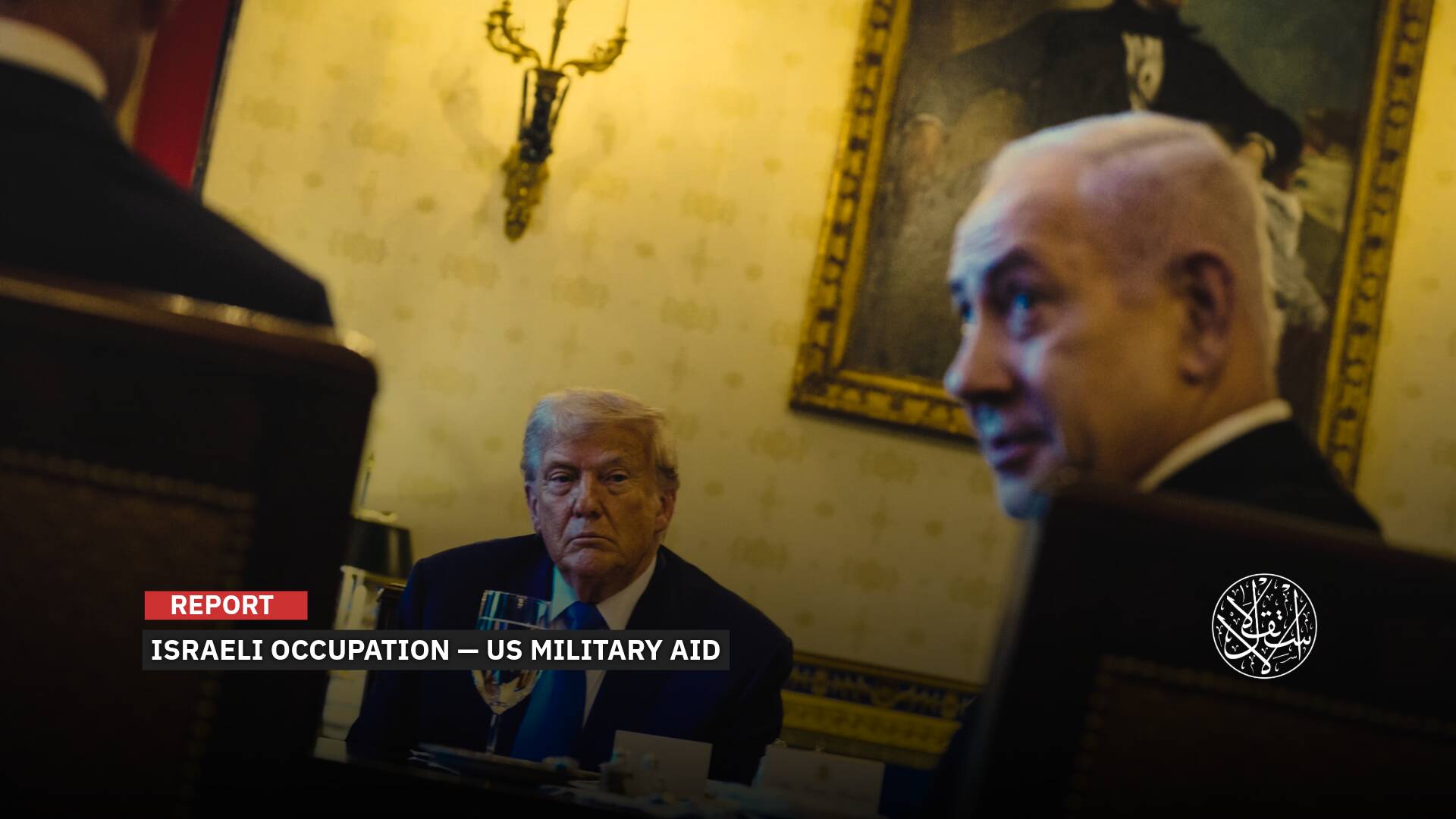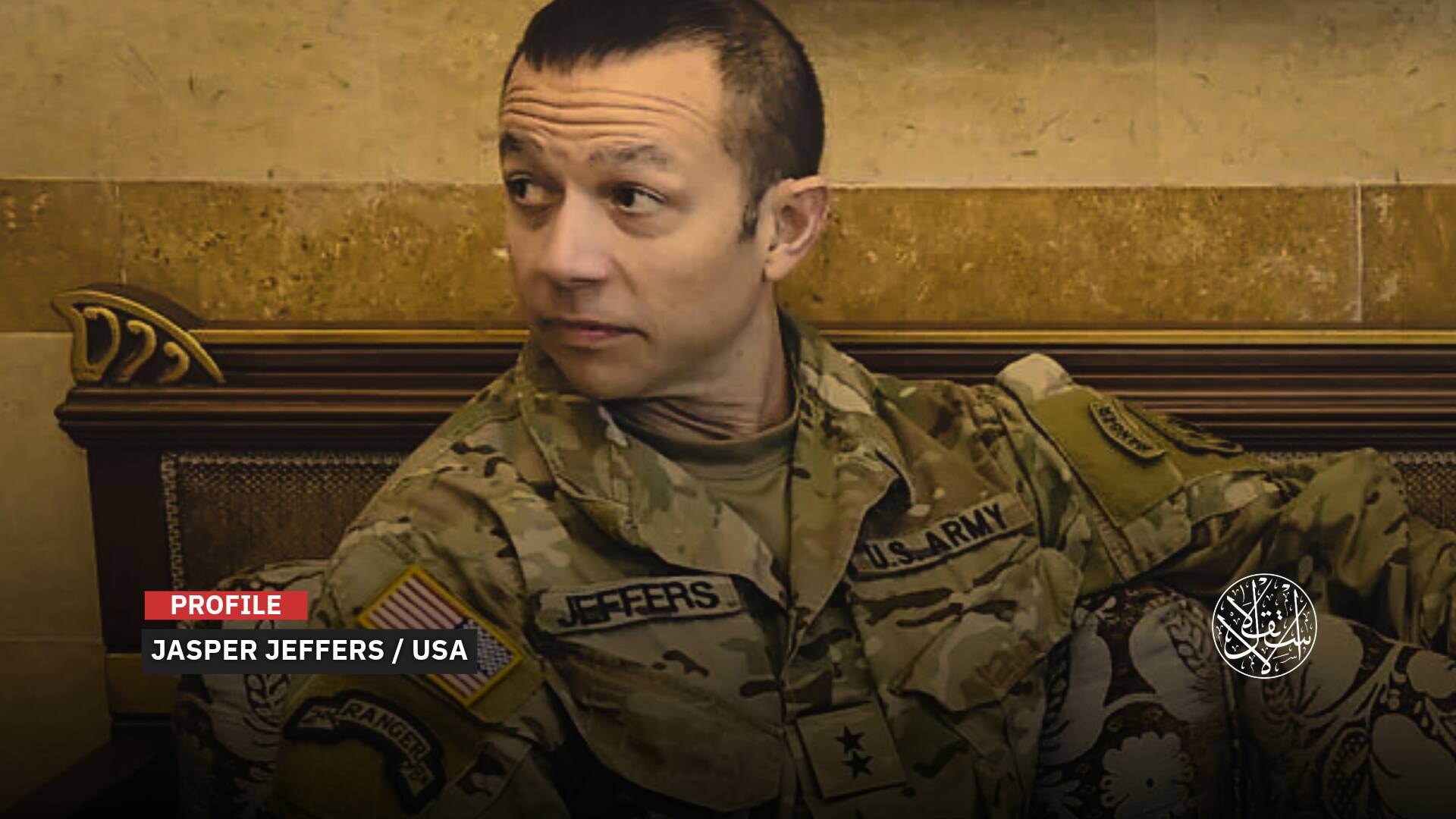How Do the Israeli Occupation, Iran and Turkiye Compete for Central Asia and the Caucasus?

Iran’s ability to confront the Israeli occupation's growing presence in the Caucasus is uncertain.
The Israeli occupation is capitalizing on the decreasing Russian influence in Central Asia, as part of its broader strategy to counter Iran.
The region, encompassing both Central Asia and the Caucasus, has become a new front in the ongoing cold war between the Israeli occupation and Iran, with both nations aspiring for greater influence.
Proxy Conflicts
Over the past ten months, the Israeli occupation and Iran have engaged in proxy conflicts across multiple fronts, from Gaza to Lebanon, Syria, and Yemen.
Assassinations in Beirut and Tehran, attributed to the Israeli occupation, have further raised the stakes, bringing the conflict to the center of the broader geopolitical struggle between the Western bloc and the Eurasian bloc, led by China, Russia, and Iran.
While the Middle East remains the primary theater for Israeli-Iranian hostilities, this rivalry is now extending into the Caucasus and Central Asia.
The Israeli occupation has deepened its ties with Azerbaijan and is forging new relationships with Central Asian states, exploiting the strategic vacuum left by Russia, whose attention has been diverted by the war in Ukraine.
In contrast, Iran has bolstered its connections with Armenia and sought to reinforce its influence across the region.
Historically, Russia has maintained dominance over the Caucasus and Central Asia, considering these regions as part of its "near abroad."
Even after the Soviet Union's dissolution, Russia retained strong political, economic, and military ties with these countries.
However, the invasion of Ukraine has prompted some Central Asian and Caucasus states to diversify their foreign relations, moving away from Moscow and forging new ties with other global powers, including China, Europe, and regional players like Iran and Turkiye.
Central Asian nations, wary of Russia’s actions in Ukraine, have also refrained from supporting Moscow’s policies and have adhered to Western sanctions.
The Israeli occupation, sensing an opportunity, has intensified its diplomatic and military outreach in the region, particularly with Azerbaijan, which shares a border with Iran.
Azerbaijan’s strategic importance to the Israeli occupation is underscored by reports of Baku allowing Israel to conduct reconnaissance flights and intelligence operations against Iran.
This relationship is mutually beneficial, as Azerbaijan relies heavily on Israeli arms, which have been crucial in its conflicts over the Nagorno-Karabakh region.

Turkiye’s Influence
While the Israeli occupation’s relations with Azerbaijan have grown, its ties with Armenia, Azerbaijan’s historical adversary, have not developed as significantly.
The delicate balance of alliances in the region underscores the complex geopolitics at play, where the Israeli occupation’s partnerships are influenced by broader regional dynamics, including its longstanding relationship with the United States and the shifting role of Turkiye.
Turkiye’s position as a geopolitical "swing state" adds another layer of complexity. While Turkiye has supported Ukraine’s NATO aspirations and aligned itself with the West in certain respects, its stance on the Israeli-Palestinian conflict has positioned it as an adversary to the Israeli occupation within the region.
Despite this, Turkiye’s relationship with Azerbaijan remains strong, potentially limiting the extent of Baku’s ties with the Israeli occupation.
As the Israeli occupation and Iran continue to compete for influence, Central Asia and the Caucasus will become increasingly significant in the broader geopolitical contest between the Western and Eurasian blocs.
Iran, under Supreme Leader Ayatollah Ali Khamenei, is likely to pursue further expansion of its influence in the Middle East and neighboring regions, setting the stage for a prolonged struggle for control in this strategically vital area.
In the same vein, the Ukrainian war has underscored the critical importance of a free and open Black Sea, which has become a vital maritime lifeline for Central Asia and the South Caucasus, particularly in their trade with Europe.
As Russia’s aggression threatens regional stability, the emergence of Turkiye as a capable and credible alternative to Russian influence presents an opportunity too significant for these states to ignore.

Caucasus Competition
Iran’s historical alliance with Armenia has been a cornerstone of its strategy to counterbalance Turkish and Israeli influence in the Caucasus.
This alliance, despite Armenia’s isolation by Azerbaijan and Turkiye, has afforded Tehran significant leverage in the region
Iran has supported Armenia during conflicts, allowed Russian military supplies to pass through its airspace, and expanded trade and energy cooperation.
Yet, after the 2020 war, Tehran recognized the need to increase its influence in Azerbaijan, seeking to strengthen economic ties and develop regional transportation projects, including a North-South Railway Corridor.
Despite these efforts, deep-rooted geopolitical tensions have hindered Iran’s rapprochement with Azerbaijan. The two countries have exchanged accusations, culminating in Azerbaijan’s charge that Iran recruited men to undermine state security.
In response, Iran has pivoted to more openly support Armenia, while its state-controlled media implicitly threatens Azerbaijan and accuses it of complicity in attacks within Iran.
On the other hand, the relationship between Azerbaijan and the Israeli occupation has long been a source of irritation for Tehran
Since the fall of the Soviet Union, Azerbaijan has developed a strategic partnership with the Israeli occupation, providing it with significant oil supplies and purchasing advanced military technology.
Iran, in turn, has repeatedly accused Azerbaijan of serving as a base for Israeli espionage and even facilitating the assassination of Iranian nuclear scientists.
As the war in Ukraine unfolds, Iran is increasingly concerned that Western sanctions against Russia might weaken Moscow’s role as a stabilizing force in the Caucasus, potentially allowing the United States, Turkiye, or the Israeli occupation to fill the vacuum.
Iran’s recent diplomatic and military maneuvers, including opening a consulate in Armenia’s Zangezur region, reflect its determination to maintain its influence and prevent any shifts in the regional balance of power.




